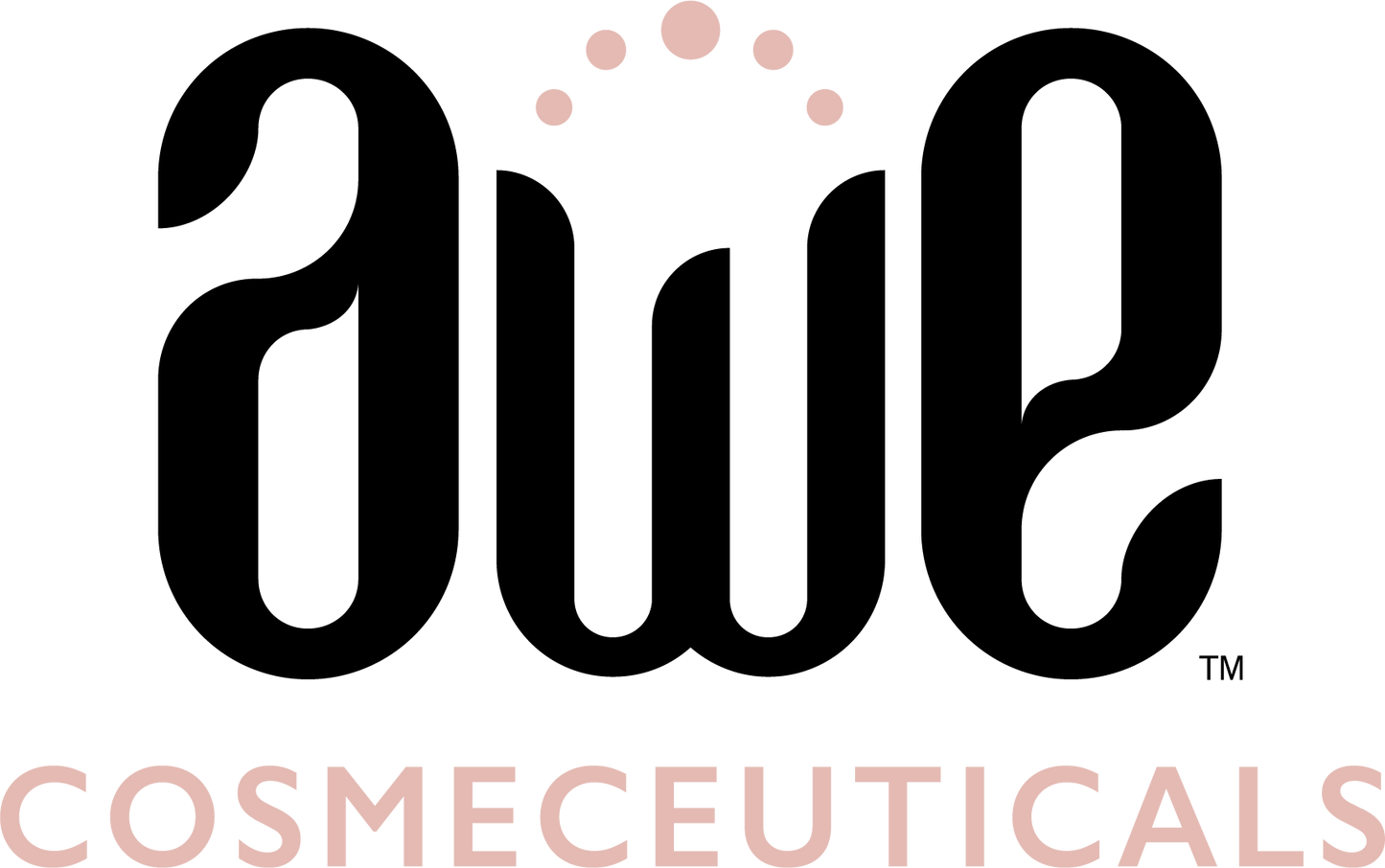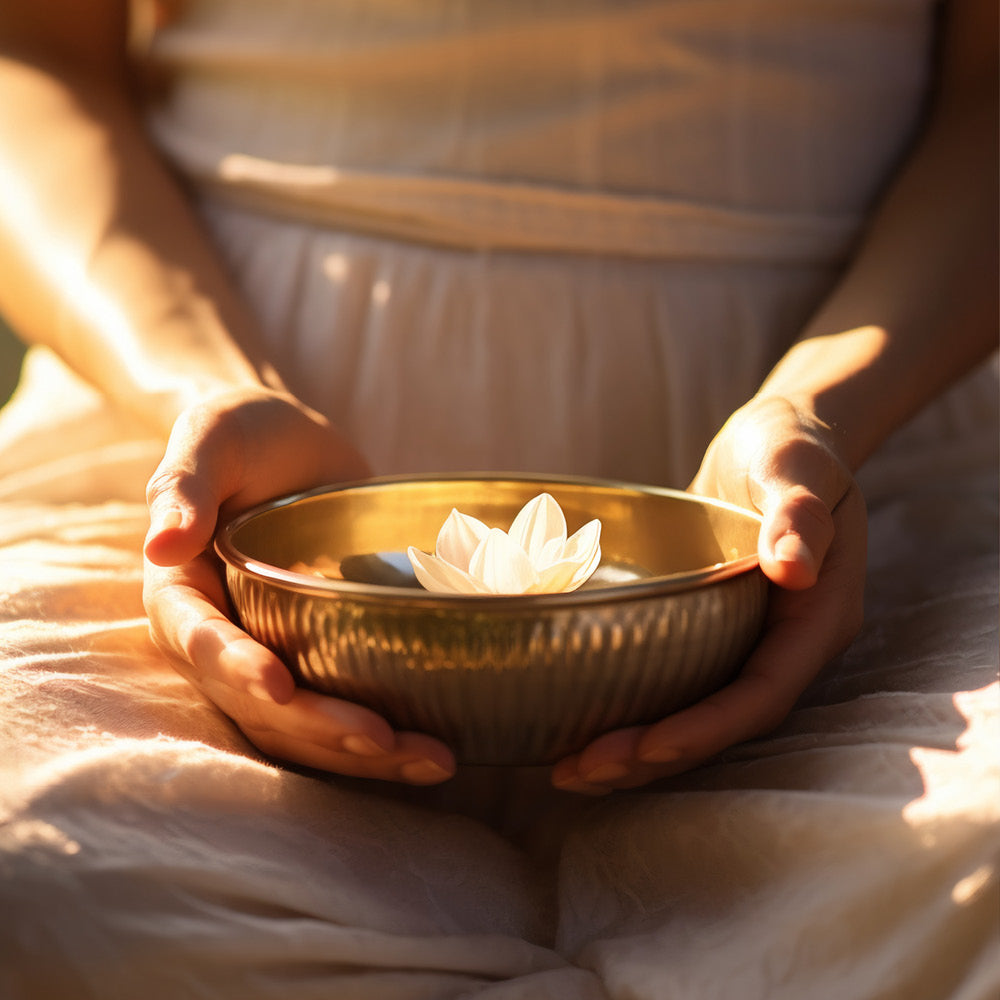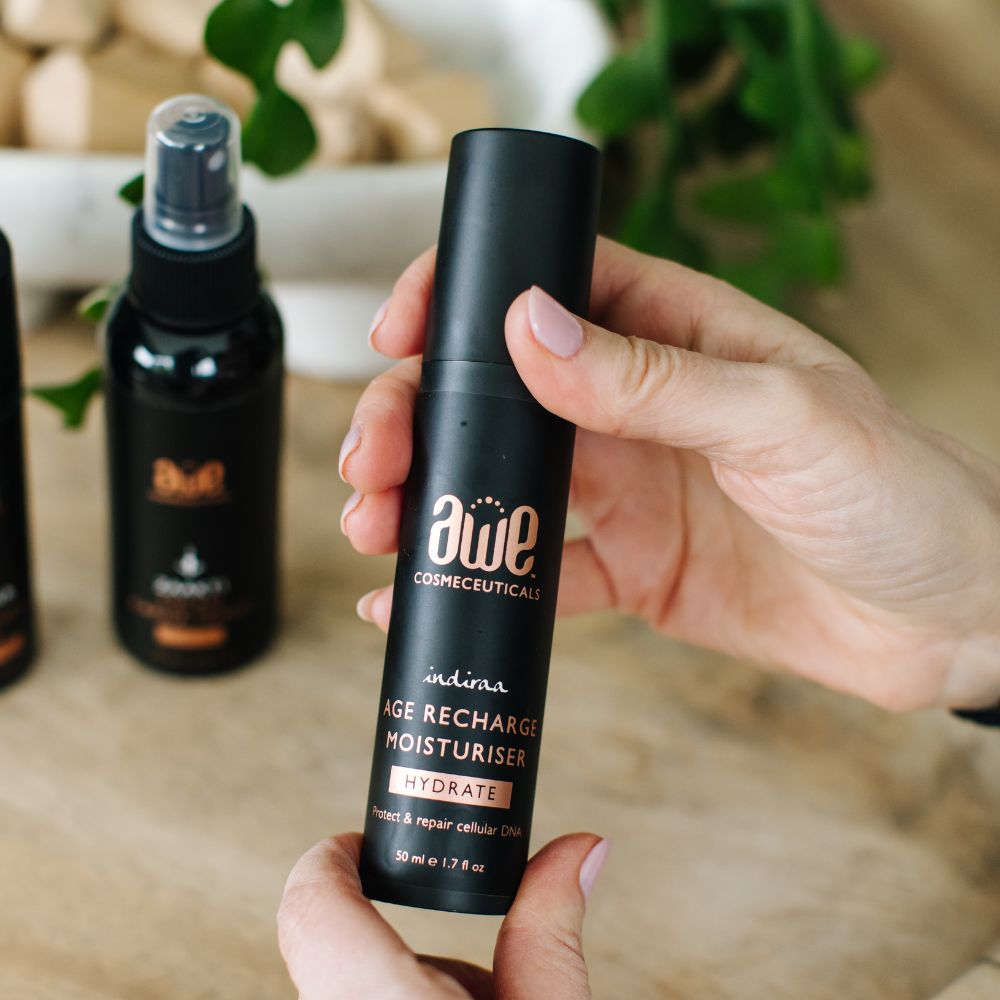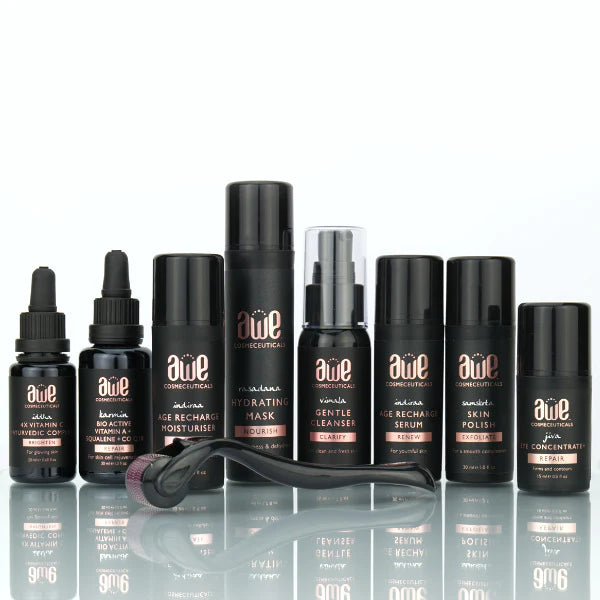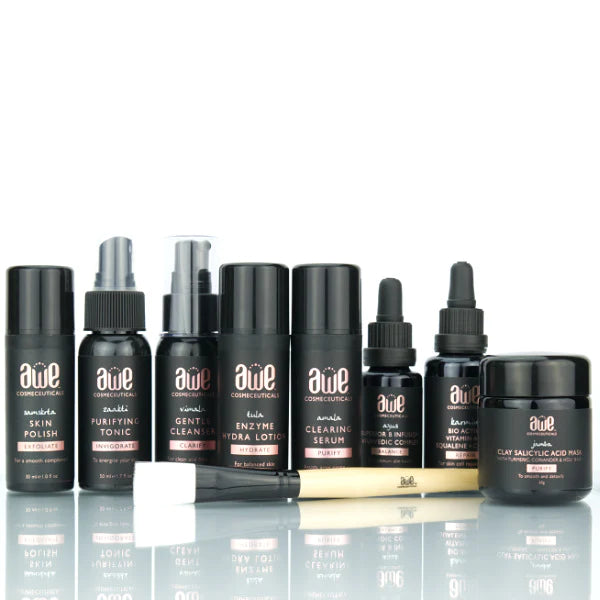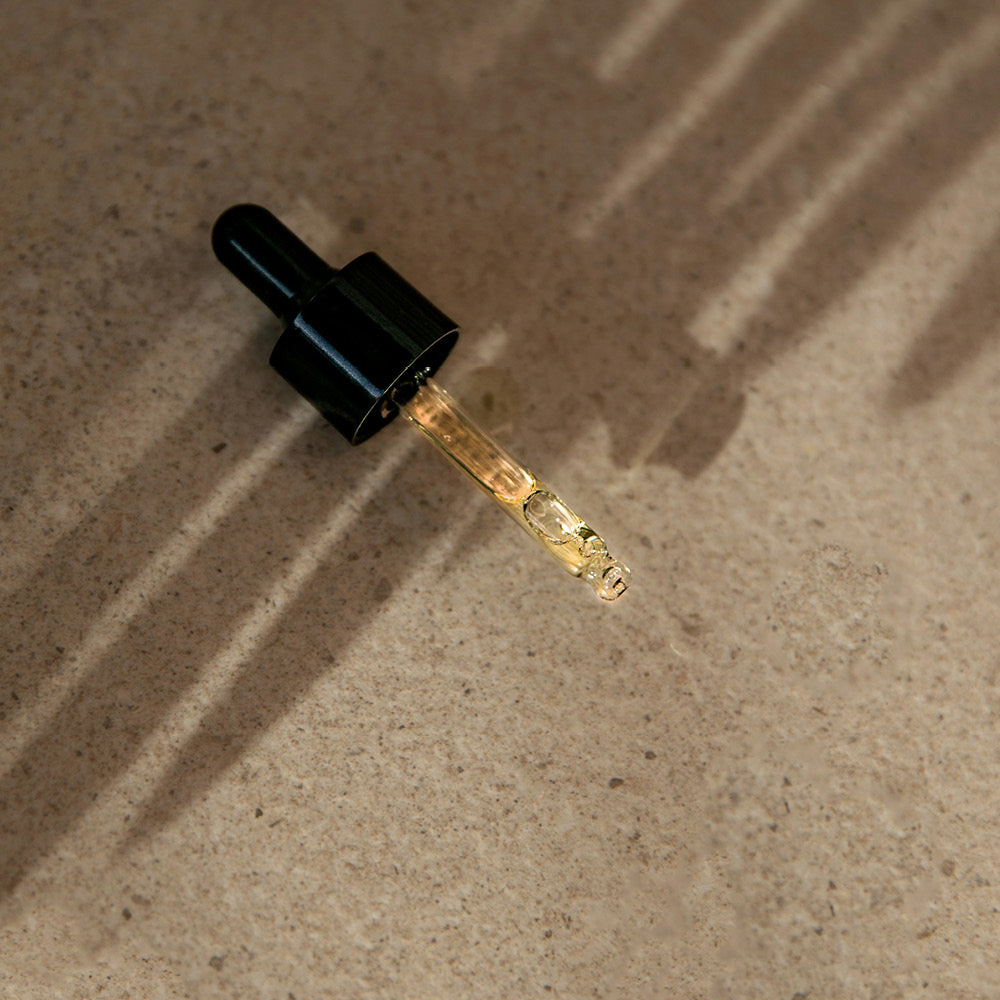This store requires javascript to be enabled for some features to work correctly.
Avoiding Irritants In Beauty Products
Cosmetics can boost our confidence and make us feel beautiful, but they can also be a major source of irritation. Even if you have been applying a particular product for years, your body may suddenly begin to protest its use in the form of contact dermatitis or a nasty allergic response.
Your body may instantly react to some cosmetics while others may cause you to become more sensitive to certain irritants over time. The best way to protect your body and prevent itchy rashes, uncomfortable allergic reactions, and the absorption of carcinogens is to follow these three tips:
The more natural and better
Conventional cosmetics contain thousands of chemicals, many of which your body is being forced to absorb whenever you apply the product. Some of the most harmful you should make a point to avoid include:
- Parabens
- Fragrances
- Artificial colours (labelled as D&C or FD&C)
- Triclosan
- Phthalates
- Formaldehyde
- Sodium laureth sulfate and sodium lauryl sulfate
- Propylene glycol
- Toluene
Many sunscreen chemicals like PABA, benzophenone, and avobenzone should also be avoided whenever possible.
As a general rule of thumb, find products which contain the fewest ingredients as possible and those which are the most natural. This will significantly reduce your chances of suffering from an allergic reaction.
Test it before you buy it
A product may say that it is “natural”, “non-irritating”, “hypoallergenic” and “dermatologist tested”, but this does not mean that the product will not bother you.
Request free samples of products before you buy and do a patch test before you use it. Dab a small amount of the product on the inside of your elbow and wait 48 to 72 hours. Do not use the product if you notice any of the following:
- Itching
- Swelling
- Redness
- Burning
Cleanse your face morning and night
Think sleeping with your makeup on isn’t a big deal? Think again.
When makeup is left on the skin, not only can the build-up increase our sensitivity to the product over time. It blocks our pores (which can lead to breakouts and enlarged pores), and it prevents our skin from being able to exfoliate itself naturally. This can leave our skin looking dry, dull, and aged.
Cleansing and toning your face in the morning and at night ensures that the makeup you applied the day before has been completely removed so that your body – both inside and out – can properly heal and repair. This will leave your skin looking fresher, brighter, and more youthful.
